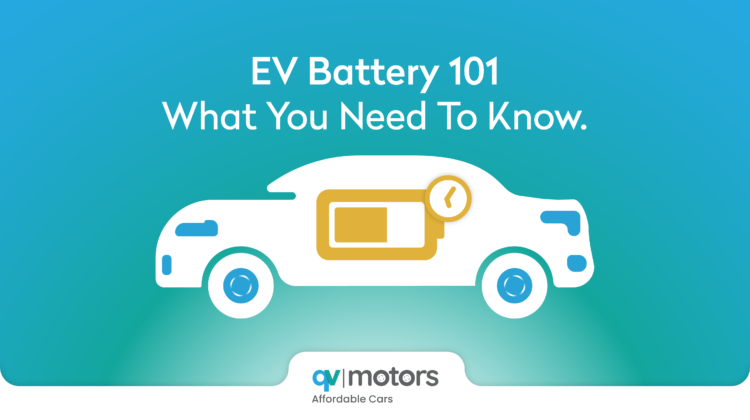EV Battery 101: What You Need to Know
Here’s everything you may need to know about your new EV vehicle’s battery!
One of the biggest concerns when purchasing a new EV is its battery. While replacing the battery in a gas-only car once or twice is typical those kinds of batteries are a lot smaller and easy to replace. The batteries in a hybrid or EV are much larger and more complex in function.
EV Essentials
Most EVs have a different kind of battery called a lithium-ion battery, which is usually housed underneath the vehicle. Car manufacturer engineers choose this location, for the best performance, stability, and integrity of the vehicle. This type of battery works best because of how much power it can store and deliver to your vehicle.
Lifespan
Similar to gas vehicles, where your fuel consumption depends on your driving habits, and how and where you drive, the same can be said about EVs. The typical lifespan of batteries is usually 12 to 15 years in typical driving conditions.
Preserving Battery Lifespan
Lithium Ion batteries, prefer to be around mid-capacity, so a good way to extend their lifespan is to:
- Avoid full charges, some vehicles make doing this easy with their battery management settings, but if this is unavailable a good rule of thumb is to charge your battery up to 90% at a time.
- Avoid running your battery flat, this weakens the battery and can shorten its lifespan.
A good way to think of it is like a rubber band, extremes can wear it out quickly but moderation can significantly extend its lifetime.
Batteries don’t last forever
Just like your regular battery in a gas car eventually, you will have to replace the battery, however, this is about a decade down the line, even longer with the simple care practices we mentioned.
Overall, EVs are indeed different from Gas vehicles but are in no way incapable or unreliable, in some ways they may even surpass your traditional gas vehicle.
If you have any more questions feel free to give us a call at 283-6686

